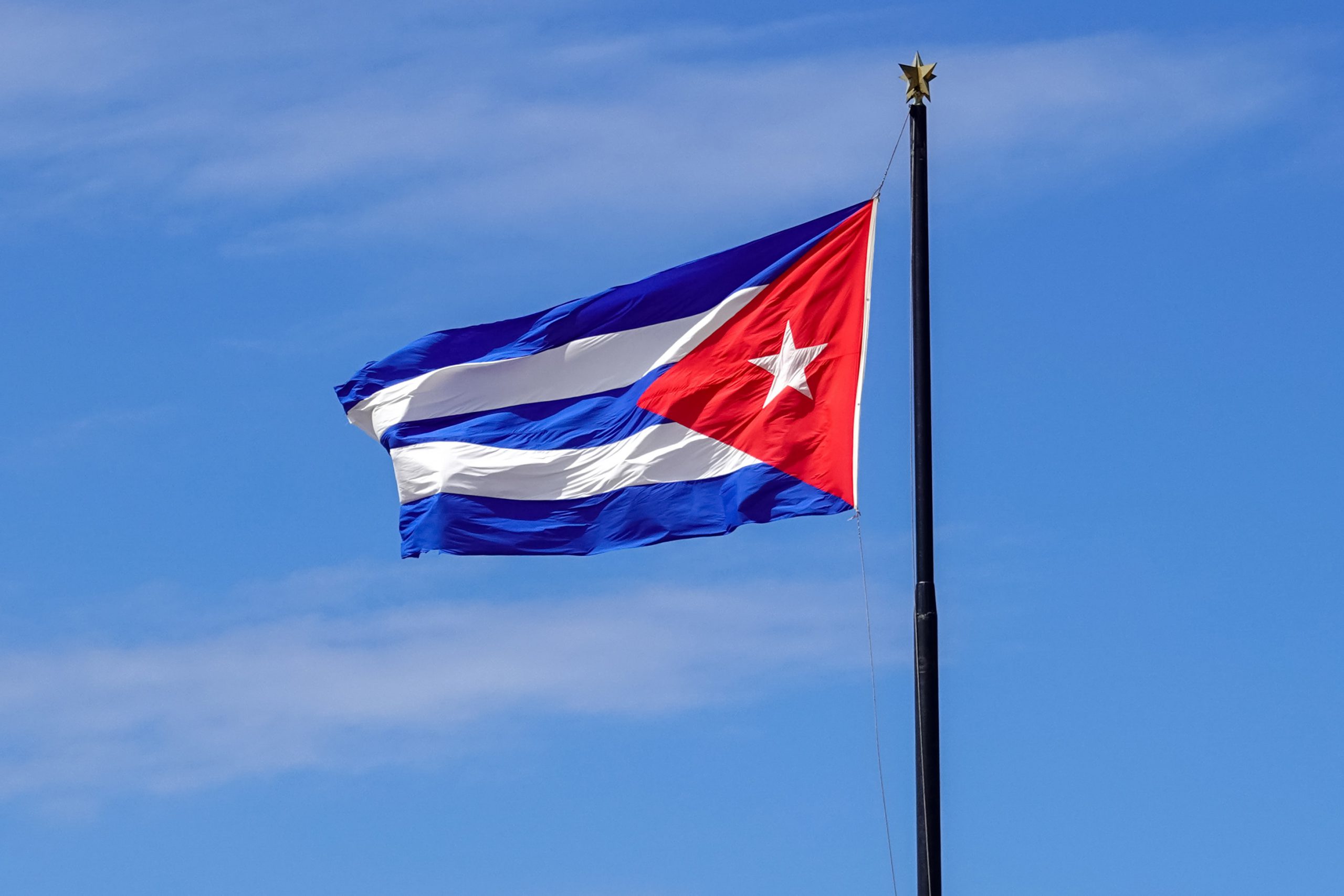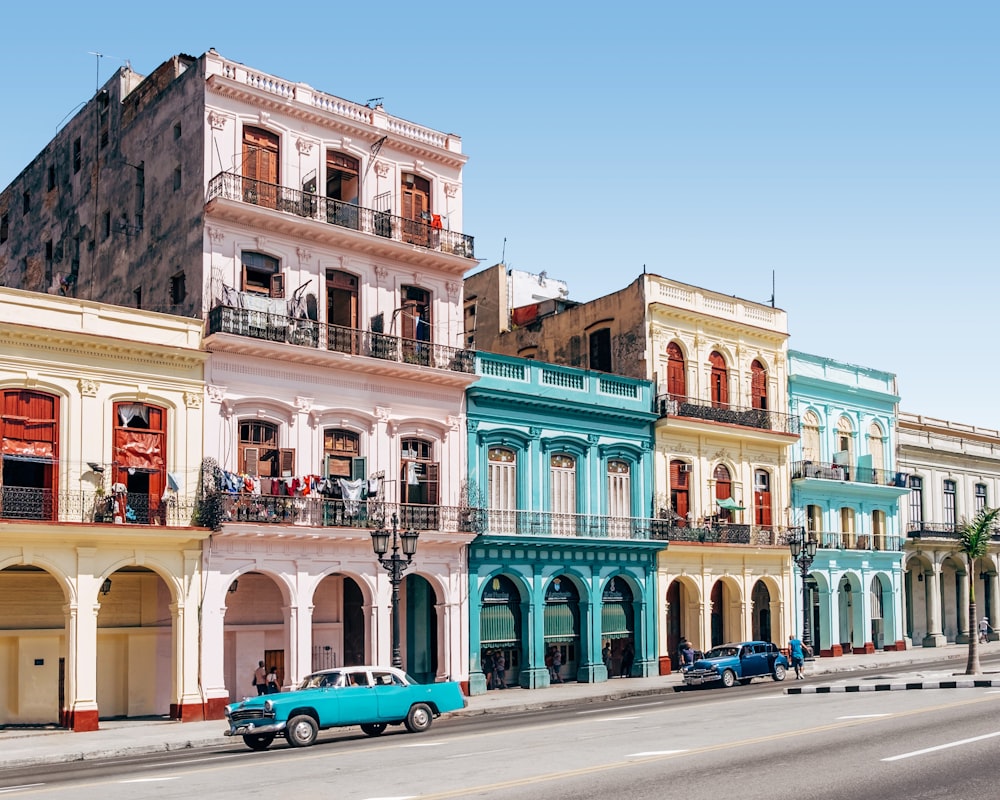
It is the largest Caribbean country and the westernmost of the Greater Antilles’ islands. The sultry climate is controlled by trade winds, making living here quite encouraging. Droughts may affect foreigners relocating for the first time during the dry season, which runs from November to April.
The 2019 Constitution governs citizenship laws, while Decree 358 of 1944 governs citizenship laws to a limited extent. These laws define who is or is eligible to be, a citizen of the nation such as a child born in the territory, irrespective of where the parents come from.
A foreigner residing in the country who wants to become a legal citizen has to acquire citizenship from the government. This grants such a resident the rights to work, live, access to visa-free entry to some countries, and a Cuban passport. If you find living permanently here attractive, this guide may just be for you. It covers all the basics an ex-pat needs to know if he or she desires to obtain nationality.
What are the options?
Citizenship can be obtained under the principles of jus soli or jus sanguinis. Citizenship through Naturalization is conferred to a permanent residence permit holder who has lived on the island for a defined period and indicated their intention to stay permanently.
Citizenship by jus soli (Birth)
A person may become a citizen through birth if:
- He or she is born in the territory (children born to foreign diplomats working for their government or an international organization are exempted)
- He or she is given birth abroad to parents of which at least one is a native citizen, and were working on an official mission in the foreign country
- He or she is born abroad to at least one native parent, who has previously complied with the requirements required by the law
Such a person is born in foreign territory to at least one parent who is a native to the Republic and has lost citizenship but intends to reclaim it.
Citizenship by naturalization
If a person meets the following criteria, he or she can naturalize as a legal citizen:
- A foreigner who obtains citizenship by the law qualifies as such.
- They have been deprived of their citizenship in their homeland, and desire to obtain a new one at the discretion of the President of the Republic
Requirements
The commonest way of becoming a citizen is by birth, but if you are not eligible to apply based on jus soli or sanguinis, you have no other choice except to apply for permanent residency. This allows a foreigner to live up to ten years or more as a legal resident. However, one or more of the following requirements must be met:
- You must be married to a Cuban who is either a native or a permanent resident.
- You have children who are of legal ages or a family member residing here.
- You are a native citizen who has previously lost citizenship while living abroad for a long time.
Processing time
This qualification requires a minimum of 6 months to earn. For some, it takes up to 8 months to finish the process and obtain their permit.
Processing cost
The consular fee stipulated for this service is around $2000. It covers all the costs involved during the application and processing of the residency. Renewing a permit costs additional fees.

